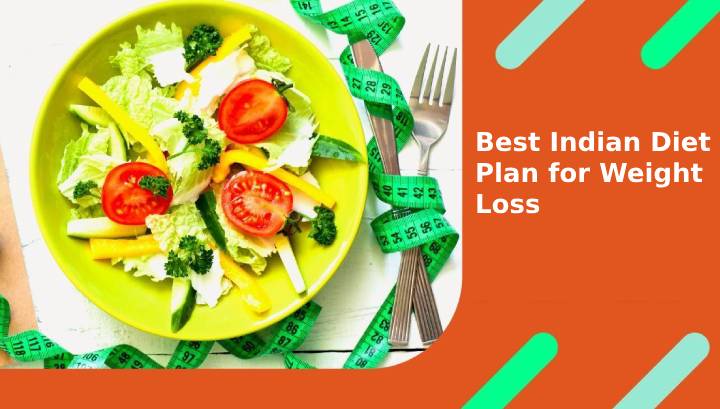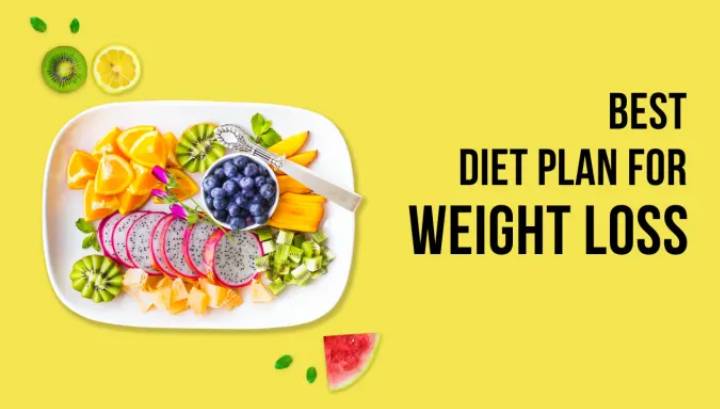If you’re searching for the best Indian Diet Plan to help you lose weight, we’ve got you covered with some simple rules to follow. Losing weight is all about eating the right foods, and in India, it can be a bit challenging with our love for carbs, sugar, and snacks.
The Need for a Weight Loss Plan
The state of health in India is a bit concerning, with one in every four people being obese. Obesity can lead to various health issues like diabetes, liver disease, heart problems, and even cancer.
Understanding Weight Loss
Weight loss is all about balancing the calories you eat with the calories you burn. To lose weight, you need to consume fewer calories than you burn. But it’s not just about calories; it’s also about the quality of the food you eat.
The Right Approach to Weight Loss
To lose weight effectively, you should maintain a calorie deficit while ensuring your diet is balanced and provides all the necessary nutrients for good health.
The Best Diet Plan for Weight Loss
A balanced diet consists of macronutrients like carbohydrates, protein, and fat, along with micronutrients such as vitamins and minerals. The best Indian diet for weight loss combines all these elements.
Here’s a sample 1200 Calorie Weight Loss Diet Plan for both men and women.
Day 1
– Breakfast: Cucumber Detox Water, Oats Porridge, Mixed Nuts
– Lunch: Roti with Dal, Gajar Matar Sabzi
– Dinner: Dal, Lauki Sabzi, Roti
Day 2
– Breakfast: Cucumber Detox Water, Curd, Mixed Vegetable Stuffed Roti
– Lunch: Methi Rice, Lentil Curry
– Dinner: Sauteed Vegetables with Paneer, Roti
Day 3
– Breakfast: Cucumber Detox Water, Skim Milk Yogurt, Multigrain Toast
– Lunch: Sauteed Vegetables with Paneer, Roti
– Dinner: Lentil Curry, Methi Rice
Balanced Diet for Weight Loss
A balanced diet plan should include carbohydrates, proteins, fats, vitamins, and minerals. Carbohydrates should be from complex sources like brown rice, oats, and millets. Protein should come from pulses, paneer, milk, eggs, lean meat, or sprouts. Healthy fats include polyunsaturated, monounsaturated, and Omega-3 fatty acids from sources like olive oil, rice bran oil, and more.
Additional Tips for Healthy Eating
– Opt for 5-6 smaller meals a day instead of three large ones.
– Have an early dinner by 8 pm to aid digestion and weight loss.
– Drink plenty of water to stay hydrated and curb hunger.
– Eat foods rich in fiber like oats, lentils, flax seeds, apples, and broccoli.
Consult a Nutritionist
Every person is different, so it’s essential to consult a nutritionist to create a personalised and sustainable diet plan based on your needs, preferences, and lifestyle. You can consult the certified dietitian here https://fitrofy.com/.
In Conclusion
A good diet plan should provide all the necessary nutrients to meet your body’s requirements. Seek professional advice and customize your diet and exercise plan to reach your weight loss goals. Remember, everyone’s journey is unique, so it’s best to have a plan that’s tailored just for you.





